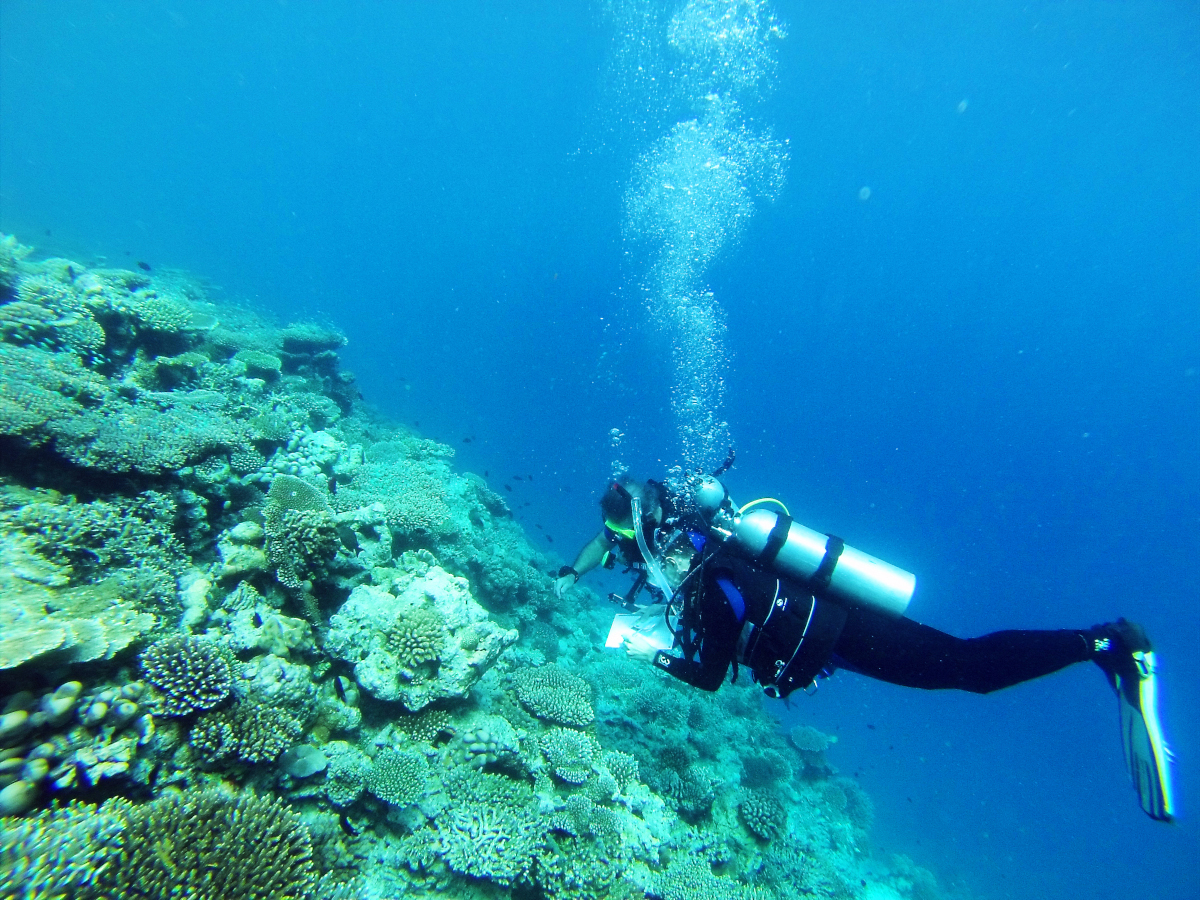COURSE INSTRUCTOR
Philip Pepe

Dr. Pepe's love for science was kindled early in his life when his grandfather introduced him to the wildlife on the shores of Long Island, New York. He has studied science ever since and has experience in field biology on the Atlantic, Gulf of Mexico, and Pacific coasts of the United States. He's done volunteer work for the Audubon Society and the Nature Conservancy.
During his studies of zoology, ecology, and evolution, he earned degrees from the State University of New York at Stony Brook (BS) and the University of Southern California (MS & Ph.D.). As a graduate student, he carried out research projects in tropical ecology in Mexico. Since then, he's focused his attention on the shallow water marine ecosystems of the Caribbean, Hawaii, Australia, Sulawesi, and the Maldives. He's presented research findings to the Association of Marine Laboratories of the Caribbean, and he's taught underwater research methods for the University of Hawaii.
He loves working in museum collections! He got started as a graduate student working in the invertebrate collections of the Allan Hancock Foundation at USC. Since then, he's completed photographic assignments in the mammal collections at the Natural History Museums of Los Angeles County at Exposition and Handcock Parks and the American Museum of Natural History in NYC. He's also worked at the Tasmanian Museum and Art Gallery and the Great Barrier Reef Marine Park Authority Headquarters in Australia.
He loves teaching science in the field and has been a college professor since 1984. His experience includes teaching classes for twelve different educational institutions. He's designed, developed, and taught online classes for the Department of Integrative Biology at Oregon State University and taught many different biology classes for Phoenix Community College. Most recently, he joined the Biology Department at the Community College of Philadelphia and at Rowan University in Glassboro, NJ. He has received 5 teaching awards and ten grants to promote educational activities, including support for conducting AZ Rivers Teacher’s Workshops in Arizona and Biology Teachers Workshops in Australia.